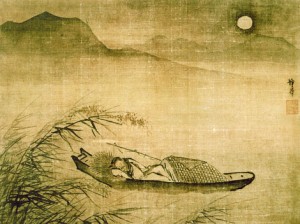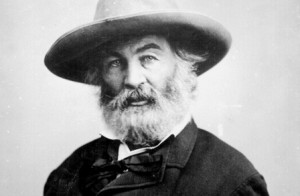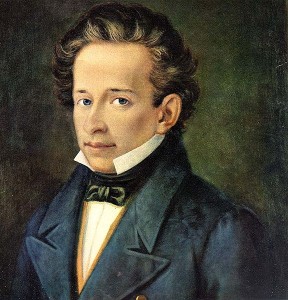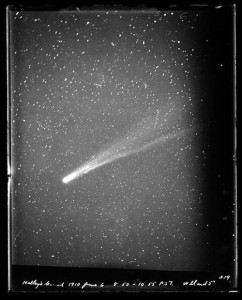Today’s Favorite Astronomy Poem is the melancholy “Alone and Drinking Under the Moon,” by famed Chinese poet Li Po (or Li Bai). Here’s a picture to put you in the mood:
(Fishing Boat Anchored on a Moonlit Night, by Bai Jin, 1388-1462)
The poet Li Po was born in 701, perhaps in Gansu province, in China. He spent much of his life wandering up and down China, writing poetry, drinking wine, and visiting friends. He won the favor of the Emperor, and when the Emperor was overthrown, he was exiled and sentenced to death. He eventually received an imperial pardon and resumed wandering. Legend has it that Li Po drowned when he reached from his boat to grasp the moon’s reflection in a river.
Chinese children still learn his poems today in school. This one, “Alone and Drinking Under the Moon,” has been translated many times into English. I like this version, by Rewi Alley
Alone and Drinking Under the Moon
by Li Po (Li Bai), 701-762
Amongst the flowers I
am alone with my pot of wine
drinking by myself; then lifting
my cup I asked the moon
to drink with me, its reflection
and mine in the wine cup, just
the three of us; then I sigh
for the moon cannot drink,
and my shadow goes emptily along
with me never saying a word;
with no other friends here, I can
but use these two for company;
in the time of happiness, I
too must be happy with all
around me; I sit and sing
and it is as if the moon
accompanies me; then if I
dance, it is my shadow that
dances along with me; while
still not drunk, I am glad
to make the moon and my shadow
into friends, but then when
I have drunk too much, we
all part; yet these are
friends I can always count on
these who have no emotion
whatsoever; I hope that one day
we three will meet again,
deep in the Milky Way.



